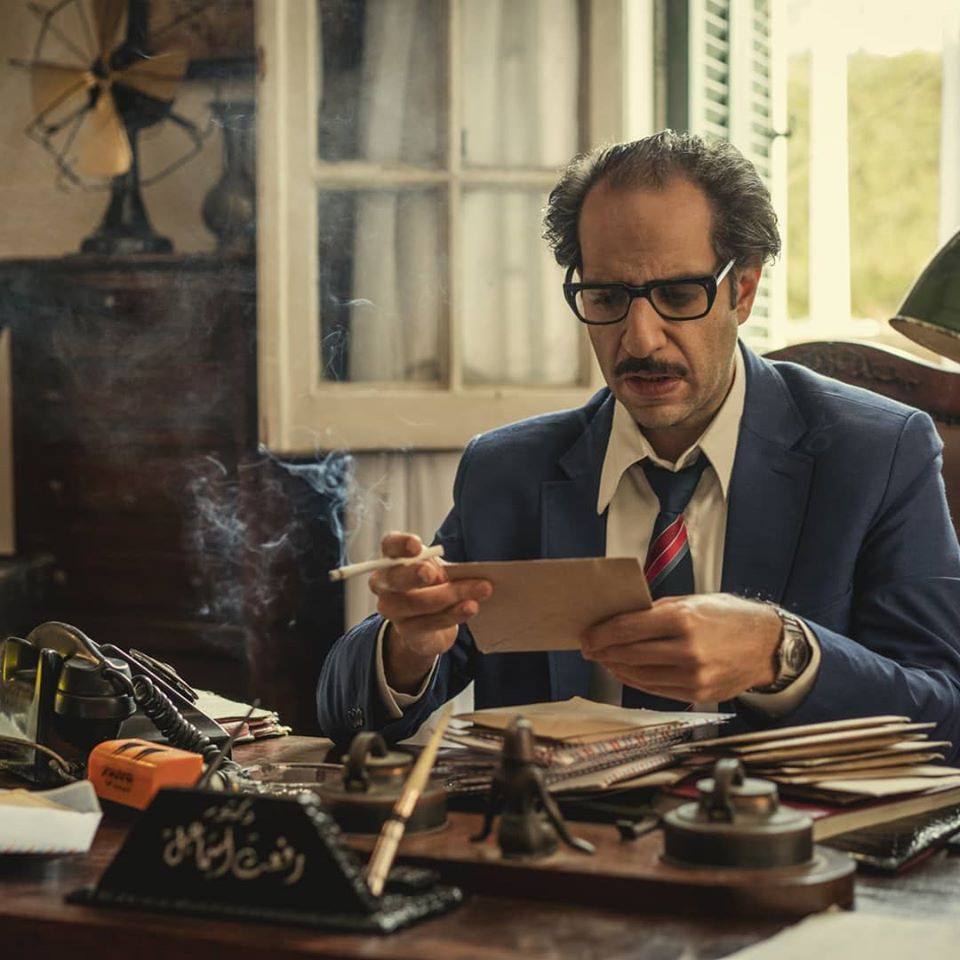At a mid-May symposium at the American University in Cairo, students from “Translating the Revolution” class of Samia Mehrez – Professor of Arab and Islamic Civilizations – discussed one of the most difficult things to provoke in translation: a laugh.
Heba Salem, who gave a presentation about revolutionary humor, said that turning Egyptian jokes into English was an ongoing struggle both for herself and her non-Egyptian partner, Kantaro Taira. She said the process was marked by her “efforts to tell the joke and Kantaro’s efforts to laugh.”
But jokes can hardly be ignored by Arabic-English translators: They have been a hallmark of the Egyptian cultural scene since pharaonic times. And spring 2011 has been a particularly fertile time for jokers. As the popular blogger Mahmoud Salem recently tweeted, “Dear #May27 protesters, one of the key ways we managed to beat Mubarak was our use for humor in our protests. Bring that back!”
Many of the demands from Cairo’s Tahrir Square have been heard around the world. But Salem argued that the revolution’s humor has been more difficult to share. Humor, after all, relies on surprise. Salem said that translated jokes often fail to make the reader laugh because they have to be “unpacked,” thus losing their spontaneity. Throughout Salem and Taira’s presentation, religious terms, puns, and historical references were heavily footnoted.
So, do readers never laugh out loud at jokes in translation?
Two recent novels full of Egyptian colloquial humor were met with very different translation strategies. The jokes in Khaled al-Khamissi’s Taxi got no additional explanation, while Ghada Abdel Aal’s Ayza Atgowaz (I Want to Get Married!) overflowed with clarifying footnotes.
The English-language translator of Taxi, Jonathan Wright, said he didn’t use footnotes because his small-press editor was opposed to them.
In one section, drivers are standing around as they wait to fuel up. To pass the time, they share jokes. Most are sexual or marital, and can be understood without any cultural context. However, one driver tosses out this joke: “Know what’s the best present you can get your wife? A ticket on the Salam Ferry.”
An English-language reader who didn’t hear that the Salam Ferry sank in 2006 would be unable to grasp the joke. However, a factual footnote that describes how the ferry sank into the Red Sea, claiming the lives of more than a thousand people, would more likely leave a sour taste in the reader’s mouth than bring about any merriment.
The book’s Viagra jokes also don’t require cultural context, as most Anglophone readers are familiar with the small blue pill. Nonetheless, Wright decided to drop one of the jokes, “because I couldn't see a way to convey the pun on the two aspects of wuquuf, stopping and standing. [The joke] referred to a warning on the packet that read: wuquuf mutakarrir [makes frequent stops], the warning they put on the back of buses.”
Ghada Abdel Aal’s I Want to Get Married!, on the other hand, is flooded with footnotes, which explain everything from singer Nancy Agram’s popularity to Gamal Mubarak’s “Youth of the Future” campaign. The novel was translated by Nora Eltahawy, who said, “I'm not generally a heavy footnoter but there was so much anxiety that an American audience wouldn't ‘get’ references in the text. The editor thought it was best to explain things whenever possible.”
Eltahawy wanted, most of all, the reader to relate to Abdel Aal’s book and laugh “with it” instead of “at it.” Generally, despite the footnotes, the book makes the English-language reader laugh. But not everything came across: “The hardest part was definitely coming to grips with the fact that there's something very particular about Egyptian Arabic humor that would never translate as funnily, no matter how hard I tried.”
For instance, Eltahawy said, “A ‘damn you’ will never do ‘yekhrib beitek’ justice – and I wasn't about to go the Arabic 101 route with a literal ‘may a curse be leveled on your house.’ So I did what I could and panicked about it a lot.”
Sonallah Ibrahim’s recent Al Talossos (Stealth), is not a laugh-out-loud book in any language. But Ibrahim does use jokes as part of his pastiche, and they help sculpt the post-WWII Egyptian landscape.
Translator Hosam Aboul-ela said that he chose not to use footnotes because footnoted Arabic novels “look wonky and separate from the world of literature.”
Aboul-ela opted instead for what he calls “invisible footnoting.” He described how he changed a joke of Ibrahim’s that relied on the similarity between the name of a train stop and a part of the female anatomy. "’Manshiyet al-Boozem’ is not a real place. I made it up because there is a pun in the Arabic built on the name ‘Manshiyet al-Sadr,’ but no one reading that real name in English would understand the joke.”
Most of Egypt’s myriad satirical and funny works will never be translated into English, as translators and publishers tend to focus on books with “literary merit.” But that’s a shame: Readers all around the world could stand to benefit from a little Egyptian humor, well-told.




